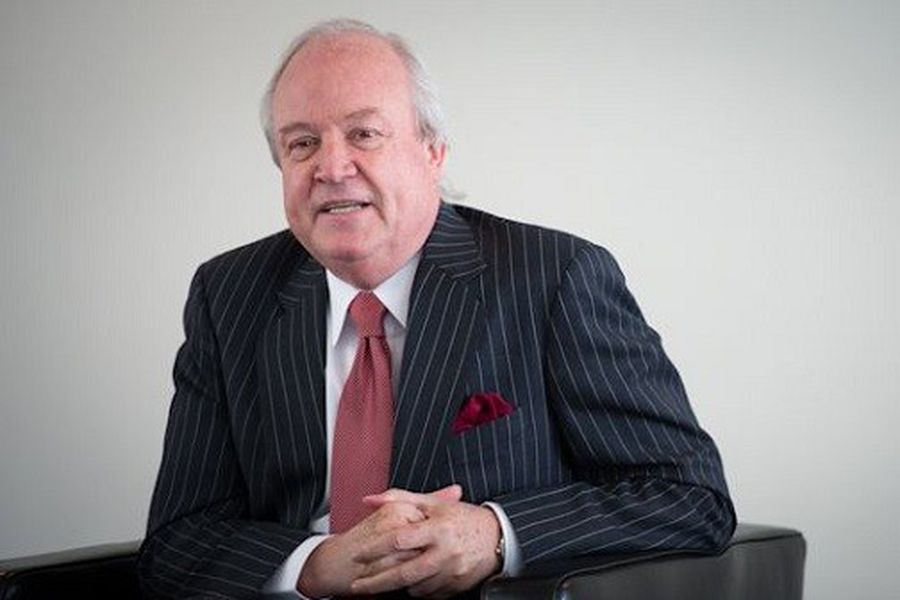Heine Discusses US-China Economic Relationship

Ambassador Jorge Heine, Research Professor at Boston University’s Frederick S. Pardee School of Global Studies and Interim Director of the Frederick S. Pardee Center for the Study of the Longer-Range Future
In a recent interview on The Heat, CGTN America’s flagship talk show, Ambassador Jorge Heine, Research Professor at Boston University’s Frederick S. Pardee School of Global Studies and Interim Director of the Frederick S. Pardee Center for the Study of the Longer-Range Future, offered insights into the current state and future prospects of US-China trade relations.
Heine emphasized the critical nature of the US-China economic relationship, stating,
“We’re dealing with the two largest economies in the world. Combined, they represent 40% of the world’s GDP, so there is no ignoring the fact that this is an absolutely crucial relationship. Trade between the two has reached somewhere around $600 billion, at some point it reached almost $700 billion, so it has enormous significance.”
The former Chilean diplomat highlighted that the trade existing between China and the United States has been very beneficial for both parties. However, he expressed concern about the prospect of further tariffs, particularly referencing proposals by former President Trump.
Heine noted Trump’s indication that in his administration, he would impose a 10% tariff on all goods imported to the United States and 60% tariffs on all goods coming from China. He warned that this would have a very detrimental effect on trade.
Furthermore, Heine mentioned Trump’s suggestion of using tariffs as a way to increase revenue and potentially eliminate the US income tax. He criticized this approach, stating, “Obviously that is something that was quite common in the 19th century but it’s certainly not adequate for the 21st century.”
Addressing security concerns, Heine acknowledged their legitimacy but cautioned against allowing them to impede trade growth. He argued for a nuanced approach, distinguishing between products with genuine military implications and those without.
The ambassador criticized the expansion of trade restrictions beyond legitimate security concerns, referencing US National Security Advisor Jake Sullivan’s concept of a “high fence, small yard” approach. Heine argued that this expansion could significantly impact the bilateral trade and investment relationship.
Heine concluded by emphasizing the need to differentiate between legitimate security concerns and areas of trade and investment unrelated to defense and security. He suggested that making this distinction could pave the way for progress in the bilateral trade and investment relationship between the US and China.
The full interview can be accessed here.
Ambassador Jorge Heine is a Research Professor at the Pardee School of Global Studies at Boston University. He has served as ambassador of Chile to China (2014-2017), to India (2003-2007), and to South Africa (1994-1999), and as a Cabinet Minister in the Chilean Government. Read more about Ambassador Heine on his Pardee School faculty profile.